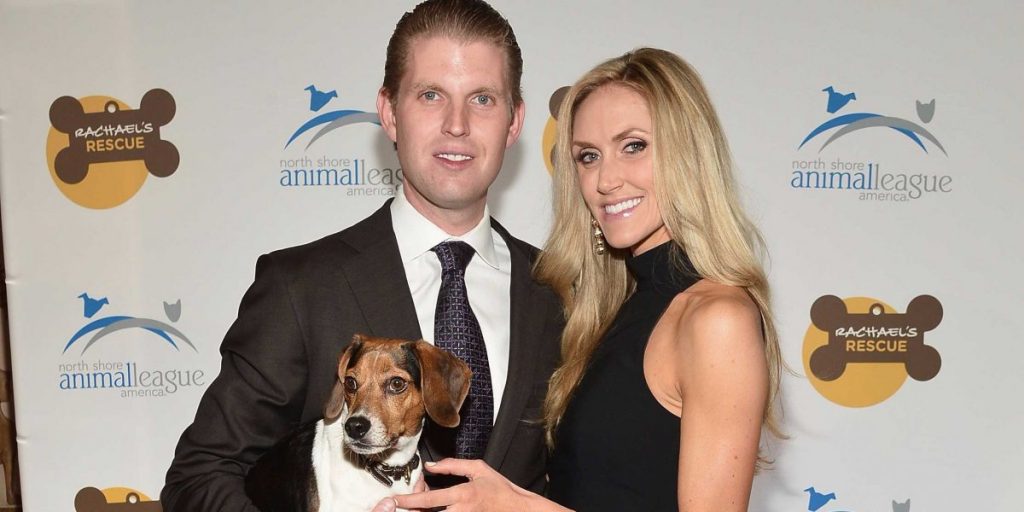The Trump family is winning. Race is hot in America. Accepting political responsibilities? No one.
“They” is an interesting word in the English language. It’s a third-person plural pronoun often used to covey “other,” and it can also be used to speak about someone in the singular without referring to his or her sex. For example, when talking about the government, you can say, “They don’t know what they’re doing” or about the police, “They are adopting military tactics” or about some girl you don’t want your wife to know about, “They bought me a coffee at Starbucks.”
“They” is the other that one views as apart from self — like the police, government, a different religious group, ethnicity or race. “They” can also be used to designate an enemy. “They attacked us, and we hit them back.”
Read more: PROFESSOR CHRIS BRUMMER, AN UNQUALIFIED CFTC NOMINEE IN A SECRET DARK CLOSET.
No matter who you are, or where you live, chances are you’ve come across “they” in your life. In Ferguson, Mo., the black community can talk about “they” as the police force, while many in the predominately white police force may refer to the community they police as “they” as well. They is a relatively politically safe term that gets tossed around an awful lot because it makes it easier for people to refer to communities other than their own without using specific terms like black, white, Jewish, Latino, Polish, Muslim, etc.
But, unless we’re actually going to war, “they” is the wrong term. The government, police and various communities within communities are still “we,” even if we don’t understand how they operate or think, or we’re in direct conflict with one another. “We” isn’t a cheesy “Kumbaya” or “We Are the World” way of looking at life in a nation as diverse as ours. It’s a simple fact. It’s even in the American Constitution: “We the People.”
Don’t believe this? I’ve seen the barriers between people come down again and again while overseas. Take some Americans from the Ozarks, South California, Wyoming and elsewhere of Northern European, African, Latino or Asian decent with different philosophical, religious and socioeconomic traditions and plop them down in Central China, Kashmir, Botswana or Southern France and see how quickly “they” becomes “we.”
Read more: THE PANAMA PAPERS SENSATION, AN IDIOTIC INSULT TO EIGHT MILLION AMERICAN EXPATRIATES
People who wouldn’t have spent time together in their own country suddenly become best friends, because their collective definition of “we” just go a whole lot bigger in the face of a bigger “they.”
It’s easy to pick out the differences among human beings, and group people into various categories of “they.” But remember, for everyone you refer to as “they,” they’re also looking at you in the same way. A little travel and search for commonality is a great cure for the brain’s tendency to lump folks together and pigeonhole them into classifications based on race, wealth, religion and differing ways of life. This doesn’t mean you have to like or agree with everything someone else does, but that has always been something “we’ve” had to contend with as long as we (human beings) have been around.
When we approach the issues that divide us in good faith, we have a solid chance of making this planet a better place — which in turn will give us time to prepare for when “they” (at least according to our science-fiction films) come and invade our nations from outer space. And then we’ll have to start this whole damn “getting-to-know-you” process all over again.






